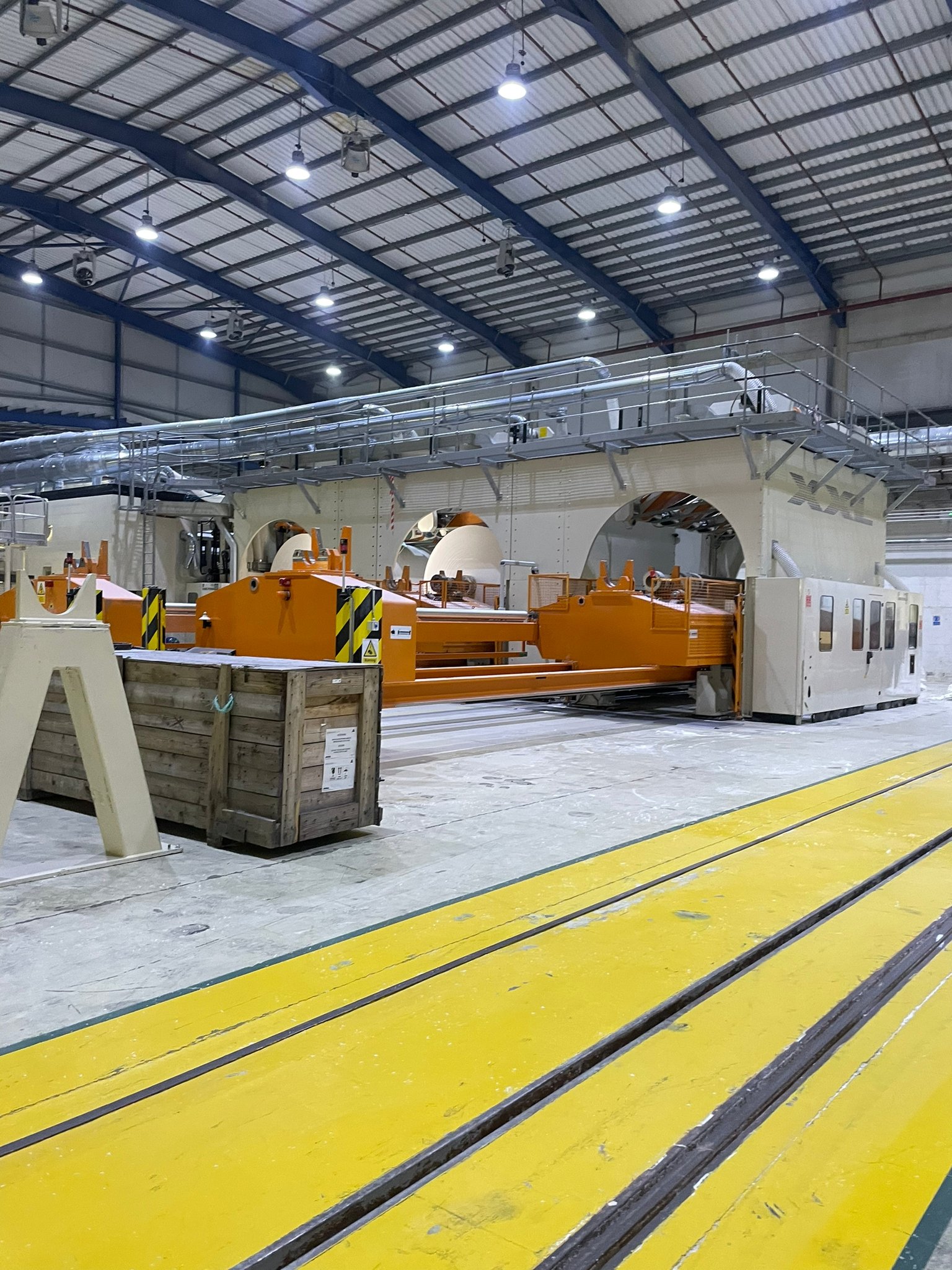Embracing Digitalisation: Transforming the Paper Industry for a Sustainable Future
Embracing Digitalisation: Transforming the Paper Industry for a Sustainable Future
In an era defined by rapid technological advancements, digitalisation has emerged as a driving force behind innovation and efficiency across industries worldwide. The paper industry, traditionally known for its reliance on manual processes and analog systems, is undergoing a digital transformation that promises to revolutionise every aspect of its operations. In this blog post, we'll explore the role of digitalisation in reshaping the paper industry and the benefits it brings to sustainability, efficiency, and competitiveness.
The Digital Revolution in Paper Manufacturing:
Digitalisation is reshaping the paper industry from the ground up, revolutionising processes from pulp to production to distribution. Advanced technologies such as artificial intelligence (AI), machine learning, the Internet of Things (IoT), and data analytics are being integrated into every aspect of paper manufacturing, enabling companies to optimise efficiency, reduce waste, and improve product quality.
One of the key areas where digitalisation is making a significant impact is in production optimisation. Real-time monitoring and control systems powered by IoT sensors allow paper mills to gather data on key parameters such as temperature, humidity, and machine performance, enabling operators to make data-driven decisions and optimise production processes for maximum efficiency and quality.
Additionally, digitalisation is enhancing supply chain management in the paper industry, enabling companies to track raw materials, monitor inventory levels, and streamline logistics operations. By leveraging advanced analytics and predictive modelling, companies can anticipate demand, optimise inventory levels, and minimise waste throughout the supply chain, leading to significant cost savings and environmental benefits.
Driving Sustainability Through Digitalisation:
One of the most compelling benefits of digitalisation in the paper industry is its potential to drive sustainability. By optimising processes, reducing waste, and minimising environmental impact, digitalisation enables paper companies to operate more sustainably and responsibly.
For example, advanced process control systems powered by AI and machine learning can help paper mills optimise energy consumption, reduce water usage, and minimise emissions, leading to significant reductions in carbon footprint and environmental impact.
Furthermore, digitalisation enables paper companies to implement circular economy principles, such as waste valorisation and resource efficiency. By leveraging data analytics and advanced recycling technologies, companies can maximise the recovery and reuse of materials, minimising waste and conserving natural resources.
Unlocking New Opportunities for Growth and Innovation:
Digitalisation is not only driving efficiency and sustainability in the paper industry but also unlocking new opportunities for growth and innovation. By embracing digital technologies, paper companies can explore new business models, develop innovative products, and create value-added services that meet the evolving needs of customers and markets.
For example, digitalisation enables companies to offer personalised and customised products, such as speciality papers and packaging solutions, tailored to the unique requirements of customers. Additionally, digitalisation opens up new avenues for product innovation, enabling companies to develop novel materials, coatings, and finishes that enhance performance, durability, and functionality.
In conclusion, digitalisation is transforming the paper industry, driving efficiency, sustainability, and innovation across the value chain. By embracing digital technologies, paper companies can optimise processes, reduce waste, minimise environmental impact, and unlock new opportunities for growth and competitiveness. As the industry continues to evolve in the digital age, companies that embrace digitalisation will be well-positioned to thrive and lead the way towards a more sustainable and resilient future.

